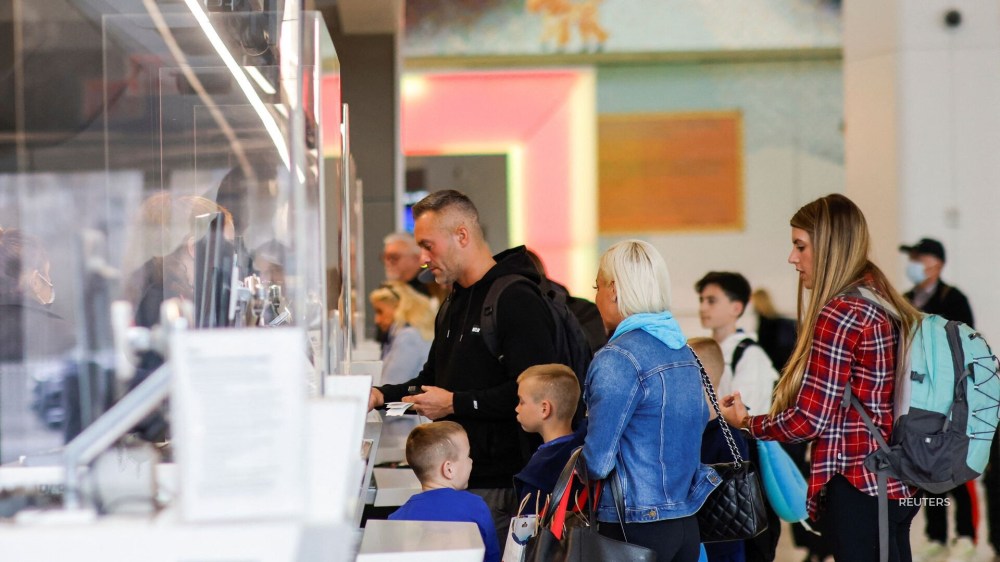A federal judge’s decision to strike down a national mask mandate has led to immediate changes, as some transportation providers, including Uber, Amtrak, and three major airlines, said they wouldn’t require employees or customers to wear masks anymore. The policy changes follow an announcement from the Transportation Security Administration that it wouldn’t enforce a January 2021 security directive that applied to airplanes, airports, taxis and other mass transit.
The ruling still gave those entities the option to keep their mask rules in place, resulting in directives that could vary from city to city.
On Monday, U.S. District Judge Kathryn Kimball Mizelle ruled that the CDC does not have the authority to introduce a mask mandate and did not follow the proper rules to implement a mandate. The Biden administration said it was weighing whether to appeal the ruling. The mask mandate for air travel and public transportation was set to expire Apr. 18 but was recently extended to May 3.
The Justice Department declined to comment on whether it would seek an emergency stay to block the judge’s order. The CDC also declined to comment.
A spokesperson for Amtrak said that while passengers and employees “are no longer required to wear masks while on board trains or in stations, masks are welcome and remain an important preventive measure against COVID-19. Anyone needing or choosing to wear one is encouraged to do so.”
Some transit agencies are holding firm, including the Metropolitan Transportation Authority, which operates subways and buses in New York City. The MTA said it would continue to require passengers and employees to wear masks while it reviews its policy. The Los Angeles Metro said the same, noting that it was waiting for further guidance from the federal government. New Jersey Transit, however, said it would no longer enforce mask wearing on its trains, as did the Bay Area Rapid Transit agency.
United Airlines, Delta Air Lines and Alaska Airlines all quickly announced they were yanking the mask requirement for domestic and some international flights. American Airlines, Southwest Airlines and JetBlue Airways followed suit.
Major airports dropped their requirements but sided with the CDC in recommending that people be voluntarily masked. Los Angeles International Airport, the world’s fifth-busiest by passenger volume, and Salt Lake City International Airport announced they would hand out masks to anyone requesting them.
Since the COVID-10 pandemic began two years ago, many state or local governments had issued various orders requiring masks to be worn inside schools, restaurants, stores or elsewhere. The rules were largely rolled back as the deadliest, most infectious months of the pandemic eased. But the national rule for travelers remained and was arguably the most widespread and visible measure of its kind.
